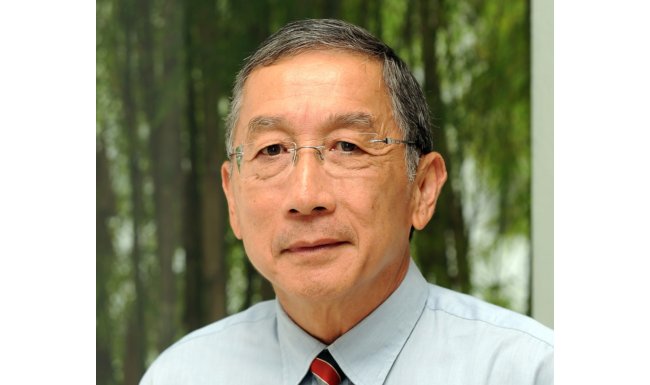
AsianScientist (Mar. 25, 2014) – By Dyna Rochmyaningsih – Now among the world’s twenty largest economies, Indonesia may encounter threats to its future growth owing to currently high rates of neglected tropical diseases (NTDs) afflicting its citizens, a journal article warns.
The article published in PLOS Neglected Tropical Diseases says Indonesia has some of the world’s highest concentrations of neglected diseases caused by worms (such as soil-transmitted helminth, schistosomiasis and lymphatic filariasis), major bacterial infections such as leprosy, and viral sicknesses such as dengue.
Unless Indonesia takes action, the “highly prevalent NTDs will thwart national aspirations for sustained economic growth,” warns the article, which also notes that the Indonesian Ministry of Health, in partnership with the WHO, is poised to launch an “ambitious assault” on NTDs.
The planned “assault” on NTDs, which will get foreign financial assistance, will include poverty reduction, disease control, and measures for clean water and sanitation. Indonesia’s major research institutes and organisations are expected to help shape and develop new diagnostics, drugs and vaccines for NTDs, the article notes.
But some local scientists are not convinced that their research work counts enough. They say that local research is not being considered in the public health policy on NTD control and elimination. Local universities and research centres say they have been active in conducting research to accomplish this goal.
The Jakarta-based Eijkman Institute for Molecular Biology has just signed a joint collaboration with Sanofi Pasteur, a US vaccines manufacturer, to develop dengue vaccines. The University of Indonesia’s medical school is also doing research work on how to eliminate lymphatic filariasis and soil-transmitted helminth through an effective procedure of drug administration.
Taniawati Supali, lead scientist at the parasitology department of the University in Indonesia, says that although her department has published a number of articles about NTDs in recognized international health journals, “We are struggling to have our research findings included in health policy.”
“Instead of listening to local scientists, the Indonesian government tends to merely follow the WHO recommendation for mass drug [treatment],” Supali says.
“The global program should not blindly be applied all over Indonesia without considering the country’s unique conditions. The mass drug administration should be flexible and adjusted to suit our specific characteristics,” says Supali.
In the case of lymphatic filariasis, for example, Supali says the WHO recommendation to administer the drugs once a year will not work because the most common strain of filariasis in Indonesia is caused by Brugia malayi, a kind of worm that has a three-month life cycle. It is different from Wuchereria bancrofti, the dominant strain of filariasis in the world, which has 9-12 months life cycle.
“If we give the drug only once a year, then that would be too late. The worms would then have been transmitted to mosquitoes to spread the disease again,” Supali says.
The article can be found at: Tan et al. (2014) Indonesia: An Emerging Market Economy Beset by Neglected Tropical Diseases (NTDs).
———
Source: SciDev.Net.
Disclaimer: This article does not necessarily reflect the views of AsianScientist or its staff.












